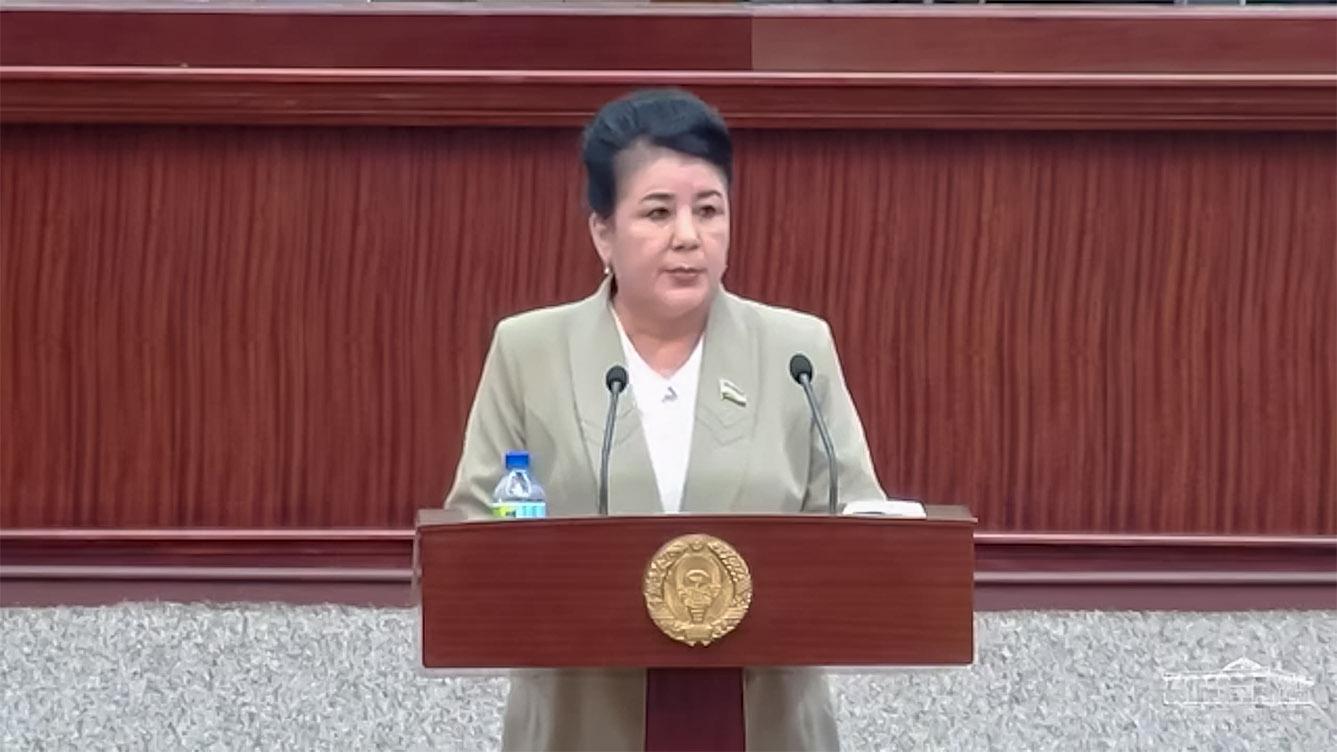
The draft law “On introducing amendments and addenda the Criminal, Criminal-Procedural and Administrative Responsibility Codes of the Republic of Uzbekistan in connection with strengthening protection measures against family (domestic) violence” was considered at the next session of the lower house. A member of the PDP faction of Uzbekistan, Mavjuda Hasanova, touched on some issues while introducing the project to the deputies.
– For the Uzbek people, preserving and strengthening the sanctity of the family is one of the most essential tasks in our state. Unfortunately, despite the implementation of several reforms aimed at ensuring the stability of families, it is a pity that cases of family (domestic) violence are increasing.
In particular, in 2023, 40,055 protection warrants were issued to women who were victims of domestic violence, while in the six months of this year, this figure was 21,818, which is 3,001 more (14,583) than the corresponding period of the previous year or increased by 20 percent. Considering this, a draft law was developed to eliminate existing problems and legal gaps.
The draft law envisages the following: firstly, Article 592 of the Administrative Responsibility Code (Family (domestic) violence) and Article 1261 of the Criminal Code (Family (domestic) violence) against a child under guardianship or sponsorship is charged with family violence against a minor.
Secondly, Article 583 of the Criminal Procedure Code was amended. An application for conciliation in cases related to family (domestic) violence at any stage of court proceedings, but before the court enters a separate room (consulting room), that is, the person who committed family (domestic) violence can only be reconciled in court, is determined to have the right to apply.
The adoption of this draft law will serve to comprehensively, thoroughly, and objectively consider criminal cases related to family (domestic) violence in the future, to change the person who committed oppression and violence in a positive direction, to increase the effectiveness of preventing harassment and violence against children and women, and to improve the spiritual and moral environment in families, as well as the position of our country in international indices related to women’s and children’s rights.
